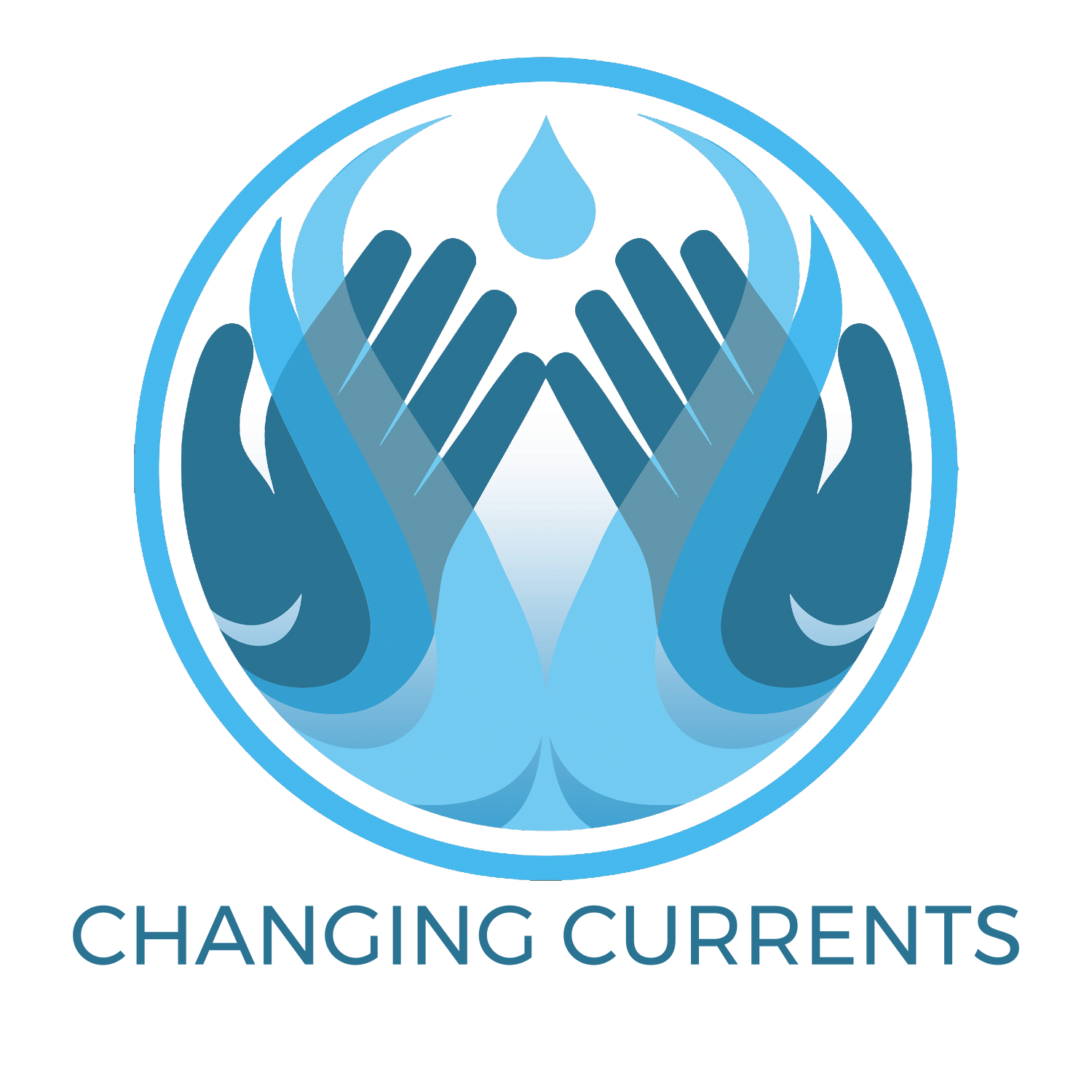
Tribes and Native communities are uniquely positioned to advance their sovereign, legal, cultural, and basic human right to clean water.
Changing Currents fosters intertribal collaboration and shared learning opportunities to develop, advance, and implement a shared water policy agenda in Northwest U.S. states.
Changing Currents convenes important Intertribal & Native perspectives on water resource issues and builds connection to non-Native neighbors, Communities of Color, partners, and stakeholders that have shared concerns.

Background
Changing Currents was founded upon the idea that water is a highly critical and invaluable resource for many tribal communities and is an inherent part of tribal culture, spirituality, and society. Tribes and Native communities view their relationship to the water and the inter-relation of natural resources as one of stewardship and reverence. This relationship to water is rooted in creation stories, prayer, and traditions that have been handed down from one generation to the next for countless generations. Tribes embrace a philosophy and responsibility “to leave the resource better than when you found it.” Today, the relationship and stewardship to water and natural resources is becoming difficult as the demands and pressures on these resources increases.
In August 2017, the Affiliated Tribes of Northwest Indians (ATNI) and several partners convened the first Changing Currents: Tribal Water Summit at the University of Oregon’s Knight Law Center. The summit brought together staff and leadership from Tribes across the Northwest to begin a dialogue around common water interests and opportunities at the state level.
Since that inaugural summit, Changing Currents as a project of the Affiliated Tribes of Northwest Indians (ATNI) has continued build interest and to create on-going summits focused on water resource protection topics and to develop a shared understanding of “common interests” or priorities.
The four-major common intertribal interests:
1) Healthy Waters (Water quality & Quantity)
2) Cultural & Spiritual Connection to Water
3) Document & Share Tribal Water Stories
4) Protection of Tribal Water Rights
Contacts
Direlle R. Calica, J.D., Policy & Summit Coordinator | Confederated Tribes of Warm Springs
Direlle is a Coordinator for the Changing Currents Tribal Water Summit and the Policy Project. She is also the Program Coordinator for the Affiliated Tribes of Northwest Indians Energy Program. Direlle is a citizen of the Confederated Tribes of Warm Springs.
Email: dcalica@atnitribes.org
Shirod Younker, Youth Summit Coordinator | Coquille Indian Tribe
Shirod is the Coordinator for the Changing Currents: Youth Tribal Water Summit. He is also a youth educator and has directed Native American and Indigenous youth pre-college programs for over twenty-years. He is also a tribal artist and entrepreneur. Shirod is a citizen of the Coquille Indian Tribe.
Chrissa Wilkie, Water Education fellow | Klamath Tribes & Turtle Mountain Chippewa
Chrissa Wilkie graduated from Portland State University with a degree in the Bachelor of Arts History degree. Chrissa comes from Salem, Oregon and is a part of the Klamath and Chippewa tribes. She is currently a peer mentor for the University Studies program at PSU and a project assistant for the Affiliated Tribes of Northwest Indians. Her future goals after graduating from PSU are to become a high school history teacher to teach the future generations about the importance of remembering our past. She is the Changing Currents Youth Water Summit Program and Policy Associate.
Annie Rohlf, Water Policy Fellow
Annie has a Masters degree in public administration with an emphasis on natural resource management at the Portland State University, College of Urban and Public Affairs, in the Hatfield School of Government. She graduated from Willamette University with honors in anthropology and archaeology. Annie is passionate about Indigenous land tenure and climate change mitigation strategies. She is currently working with the Changing Currents youth and policy programs. She helps develop policy and funding documents supporting tribal water education and policy work. She is a research assistant on tribal water, energy and infrastructure policy.
Kale’a Calica-Younker, Communications and Media Associate
Kale’a graduated Summa Cum Laude from the University of Oregon , with a degree in the College of Art and Design with a Bachelor of Fine Arts. She manages the program’s social media, print media, communications, and project media design. She is a citizen of the Coquille Indian Tribe, and is of Coos, Umpqua, Warm Springs, Wasco, Yakama, Tulalip, and Molalla tribal descent.





